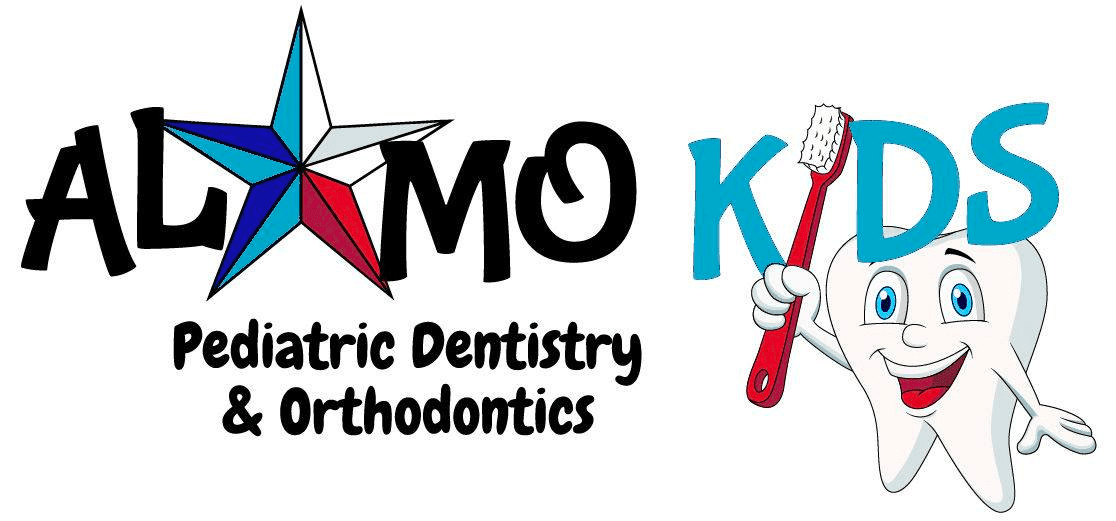Orthodontics is a branch of dentistry that deals with properly aligning teeth and jaws to improve facial structure (and your child’s smile), as well as overall oral health.
Orthodontic treatment will help your child by:
- guiding permanent teeth into the proper positions
- improving lip closure
- reserving or gaining space for erupting permanent teeth
- reducing the potential for to jaw joint damage
- reducing the likelihood of impacted permanent teeth
- influencing proper jaw growth
- ensuring the proper width of dental arches
- improving eruption patterns
- lowering the risk of damage to protruded upper teeth
- shortening treatment time for later corrective orthodontics
- improving some speech problems
An orthodontic problem is called a malocclusion, or “bad bite.” Some examples of causes of malocclusion include crowded teeth, extra teeth, missing teeth or misaligned jaws. Most malocclusions are inherited, although some can be acquired. Acquired malocclusions can be caused by accidents, early or late loss of baby teeth, or oral habits that are continued over a long period of time.
Patients of almost any age, but mostly children, can benefit from treatment for orthodontic problems. Typically, braces are worn between the ages of 10 and 14; this is the period of development in which the head and mouth are still growing and teeth are more accessible to straightening. Earlier orthodontic intervention can sometimes prevent the need for full orthodontic treatment. (If you have been advised that your child needs braces, it is very important to discuss the matter carefully with your child. It can be traumatic because of your child’s sensitivity to his or her looks.) More and more adults are also wearing braces to correct minor problems and to improve their smiles.
